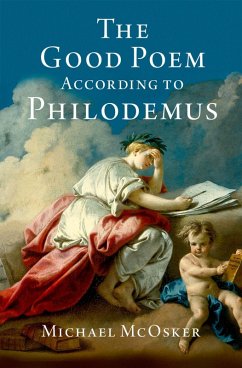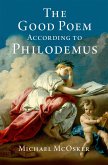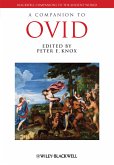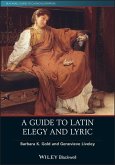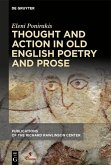This book elucidates the poetics of Philodemus of Gadara, a first century BCE Epicurean philosopher and poet, whose
On Poems survives in extensive fragments among the Herculaneum papyri. Although his treatise was primarily polemical and lacks positive exposition, his views are often recoverable from a careful reading of the debates, occasional direct evidence, and attention to his basic Epicurean commitments. His main critical principle is that form and content are inseparable and mutually-reinforcing: a change in one means a change in the other. The poet uses this marriage of form and content to create the psychological effect of the poem in the audience. This effect is hard to pin down exactly. Poems produce "additional thoughts" in the audience, and these entertain them. It seems clear that Philodemus expected good poets to arrange form and content suggestively, so that the poems could exert a lasting pull on the minds of the audience. Additionally, this book summarizes the views of Philodemus' opponents, the technical terminology of literary criticism in the Hellenistic period, and the history of Epicureanism's engagement with poetics. Epicurus did not write an
On Poems but Metrodorus did, and this is probably Philodemus' touchstone for his own views. Zeno of Sidon, Demetrius Laco, Siro, and other Epicureans are examined as well. The book concludes with an appendix of topics examined by Philodemus, such as genre, mimesis, "appropriateness," utility, and various technical terms.
Dieser Download kann aus rechtlichen Gründen nur mit Rechnungsadresse in A, B, BG, CY, CZ, D, DK, EW, E, FIN, F, GR, HR, H, IRL, I, LT, L, LR, M, NL, PL, P, R, S, SLO, SK ausgeliefert werden.

